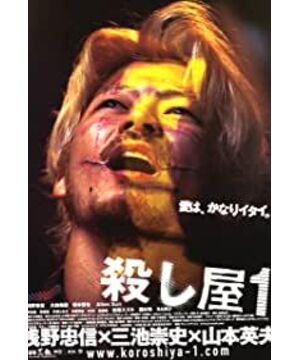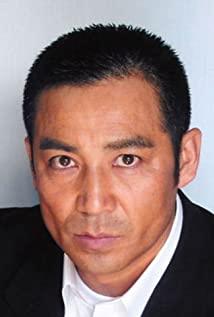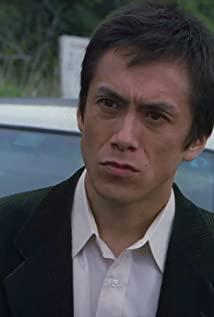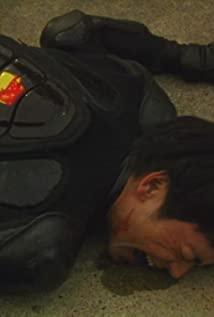The use of violence in "Hitman Yi" is extremely extreme. In the eyes of many people, extreme means pure and true. Most of these film critics praised "Hitman Ah Yi" for its gloomy look at human nature, and further hinted that people who disliked this movie were out of cowardice, so a sense of superiority emerged spontaneously. However, just as Zhang Kanwen’s filming "Apocalypse of the 80th Generation of Sexuality in the Ice Degree" showed that the sexual concept of those people was unnatural. Some fans of "Hitman Yi" admired extreme violence, and it also proved their love of human nature. Evil did not think much about it—they simply acknowledged the ugliness of human nature, and then stayed out of the matter, mocking the goodness of human nature in the name of "hypocrisy." However, the crux of the issue is not whether we can face up to the darkness of human beings (of course we can), but to go a step further: what the evil of human nature means to people. In my opinion, even if the evil of human nature can reach the level of "Hitman Yi", that does not mean that the good of human nature is bad, let alone that the good of human nature does not exist. In order to express their "skin-conscious love" for the "sadomaso complex" of "Hitman Yi", some people disguise themselves as "sadism" or "masochism" in film reviews, which is even more ridiculous, almost like Zhou Liming. "Camp" on the lips. If we say that we like "Hitman Yi" only because we dare to face the abnormal violence in the film and have a good impression of it, then shouldn't we regard the Lingchi execution officer of the Qing Dynasty as the greatest performance artist?
Another point of view is to compare "Killer Aichi" with "Cult", which I don't like. I think the bloody scenes in Cult movies are mostly sensory (specifically, a certain kind of pleasure), and in "Hitman Ichi", the director is at least cold and out of touch when dealing with violent scenes. It is precisely this calm attitude. In order to encourage viewers to think deeply about the evils of human nature, and to make the violence in the film not simply perverted and insignificant.
I only have some fragmentary ideas about the movie itself. "Hitman Yi" uses many elements, but the theme is not difficult to understand-using extreme brutality to look at the gloom of human nature. At this point, the movie is very successful, it has succeeded to the level of "inhuman"-I mean, human nature is inherently good and evil, and evil is pure to a certain degree, and people can no longer be called "human"; Now that you have fallen into vain, facing this level of evil, there is no such thing as "frank" or "brave". Perhaps in a sense, what "Hitman Aichi" tells is no longer a universal problem of mankind. Its proposition is not "human nature" but "Japanese human nature". In fact, just as "Dogtown" can't achieve pure good, "Killer Aichi" also fails to achieve pure evil. You must pay attention to the dialogue between Jiro and Saburo. The two have been competing with each other to see who is more "evil". When seeing the tragic condition of Hengyuan's corpse, Saburo laughed at Jiro and said: "You can't do this." In other words, doing evil is a "challenge" even for villains at the level of Saburo and Jiro. , They must also do their best to complete the brutal and evil deeds, extreme evils are not innate. I think here, the movie has actually revealed its attitude towards pure evil. Some things can't be changed if people want to.
View more about Ichi the Killer reviews










